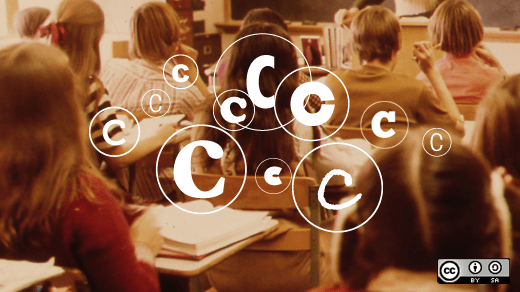Abstract
Copyright literacy refers to “acquiring and demonstrating the appropriate knowledge, skills and behaviours to enable the ethical creation and use of copyright material” (Morrison and Secker, 2015). In a digital and increasingly open environment, copyright literacy is essential for students, both in academic and professional contexts.
The advent of generative AI has added further layers to copyright literacy. Emerging scenarios encourage us to rethink fundamental copyright concepts such as originality, ownership, and infringement. This calls for a critical and nuanced approach when developing copyright literacy programmes, encouraging students to understand complexities, uncertainties and risks before making decisions as creators and users of copyright materials.
We discuss the development of a copyright literacy programme that is informed by recent developments and encourages a critical approach to thinking about copyright. We present our work to date and discuss opportunities for co-creation with student and staff communities at UCL.
We are all authors and users of creative works: books, dissertations, articles, datasets, video, images, designs, music, websites, social media posts and, more recently, AI-generated outputs. Intellectual property rights, including copyright, will usually apply to these materials.
Respecting the rights of others and asserting our own, as framed by legislation and licensing, is key to copyright literacy.
Copyright literacy extends beyond complying with legislation, contracts and licences. It is essential to understand the different contexts in which copyright applies and is interpreted, the debates and nuances around it, in a digital world where information is created, accessed and shared in novel and ever-evolving ways. Copyright is about uncertainty. A critical approach, as framed by Secker and Morrison (Secker, 2017; Morrison, 2018) involves becoming comfortable with this uncertainty. It entails making decisions informed by the context and involving some degree of risk. For example, what is considered ‘fair’ when relying on copyright exceptions to use materials (in assignments, research papers or social media, for example) will vary according to the interests of the parties involved (authors, users, publishers, the general public), may be guided by legal precedents and will also be approached differently across countries. Copyright literate people also need to consider its place in initiatives seeking to open up the sharing of knowledge. Copyright literacy can, therefore, contribute to an understanding of broader tensions that underpin how knowledge is produced and shared. This understanding, in turn, is valuable beyond academia, as it relates to attributes that are valuable in professional and social contexts.
The UCL Library already offers a number of sessions, primarily aimed at UCL staff and postgraduate students. In the last year, we have also started developing a copyright literacy programme for students at for all levels. We have been focussing on three areas:
- An asynchronous online tutorial introducing copyright. This short tutorial introduces scenarios inviting reflection and assessment of risk, in an accessible and entertaining way.
- Encouraging teaching staff to embed copyright in teaching. A new online tutorial, available from the copyright training page, addresses copyright in teaching, including considerations around AI. Also see our micro-CPD.
- The development of a copyright literacy community at UCL, which will encourage dialogue and collaboration between staff and students to address specific aims related to copyright literacy.
What can you do to engage further with copyright literacy?
- Add a link to the Copyright Essentials tutorial from your module. This will encourage your students to learn more about copyright and use open materials where possible. You can also contact us to arrange a session for your students.
- Refresh your copyright knowledge. Book a training session or complete the Copyright and your teaching tutorial online.
- Contact the copyright team to express an interest in joining the copyright literacy community.
